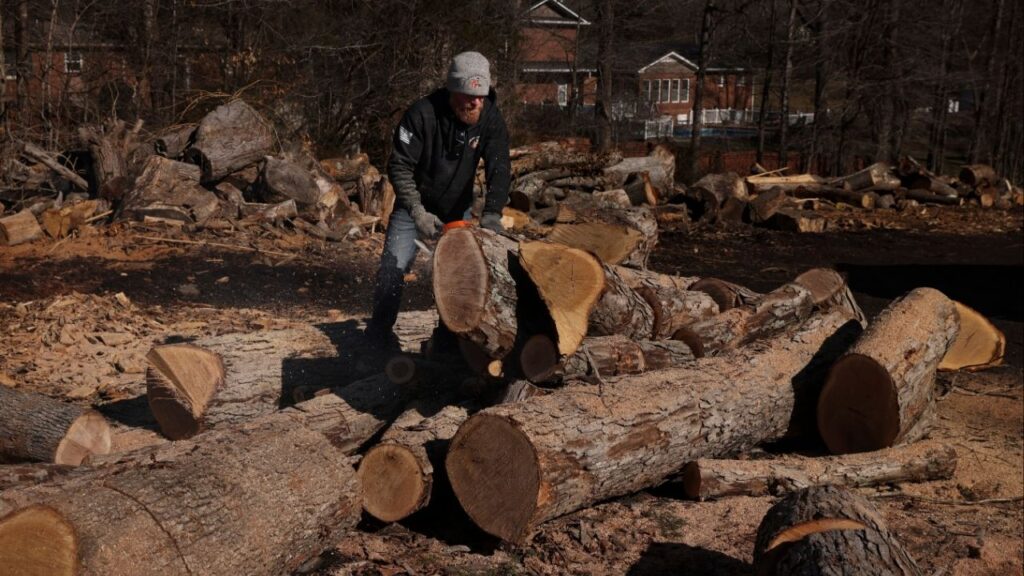Share
The state budget that Gov. Gavin Newsom signed earlier this summer had been hastily adjusted to cope with projections that state revenues would plummet by tens of billions of dollars due to the COVID-19 pandemic and the sudden recession it sparked.
Nevertheless, it was a budget based on hope — that the federal government would provide as much as $14 billion in emergency aid so some spending could be restored, and that the recession would be relatively brief.

Dan Walters
Opinion
In the final month of the 2020 legislative session, however, neither of those hopeful scenarios appears likely to occur and state finances could be submerged in red ink for years.
That likelihood grates on the Capitol’s dominant Democrats, who have long yearned to spend heavily on social welfare, medical and education services for the 15-plus million Californians living in poverty, or near-poverty — and who are even worse off now.
Democratic politicians, therefore, have been busily drafting elaborate schemes to generate more money, generally falling into two categories — borrow more or tax more.
The borrow-more faction, which includes the legislative leadership, has floated a $100 billion plan to “securitize” various revenue streams — using them as collateral for loans. It also would borrow money from personal and corporate income taxpayers by inducing them to pre-pay future taxes with discounts.
California Already Has, by Far, the Nation’s Highest Personal Income Tax Rates
The downside of the scheme is, of course, that money borrowed and spent now must be repaid later, thereby reducing resources when the loans come due — unless, of course, taxes are also raised later to close the shortfall.
The tax-more faction is a coalition of left-of-center organizations, particularly public employee unions, and their legislative allies. Their plan, contained in Assembly Bill 1253, would impose surtaxes of 1% to 3.5% on taxpayers with taxable incomes over $1 million a year and raise perhaps $6 billion a year.
California already has, by far, the nation’s highest personal income tax rates and the approximately 80,000 individual or joint taxpayers who would be hit by the proposed surtaxes already pay about 40% of income tax revenues.
Assemblyman Miguel Santiago, a Los Angeles Democrat who is the lead author of AB 1253, told a Senate committee hearing this week that “we are talking about people who are doing very well in the state of California while others are hurting.” He said he wants them “to pay their fare share.”
Several factors underlie the tax-the-rich debate, which isn’t a new one.
$6 Billion, as Large as That Number Sounds, Is Small Potatoes
One is that relying on so few taxpayers is fiscally dangerous, as past experience has shown. The incomes of the rich are especially volatile because a high percentage are capital gains, thus making state tax revenues especially volatile. Adding surtaxes would make revenues even more unpredictable, creating even deeper deficits during economic downturns.
Another is that the rich can minimize their taxable incomes by leaving capital gains untapped. They also can — as some already have — avoid California’s taxes by moving their residences to low- or no-tax states such as neighboring Nevada.
Moreover, the recent federal tax overhaul that limited the deductibility of state and local taxes increased their net impact and gave wealthy taxpayers another incentive to minimize state-taxable incomes.
Finally, $6 billion, as large as that number sounds, is small potatoes in a budget deficit that’s many times larger. But AB 1253’s enactment — which is very unlikely this year — could also undermine another tax increase that many of its backers also support. That’s Proposition 15 which, if passed by voters, would increase property taxes on commercial buildings such as warehouses and hotels by about $12 billion a year.
CalMatters is a public interest journalism venture committed to explaining how California’s state Capitol works and why it matters. For more stories by Dan Walters, go to calmatters.org/commentary.
[activecampaign form=19]


















